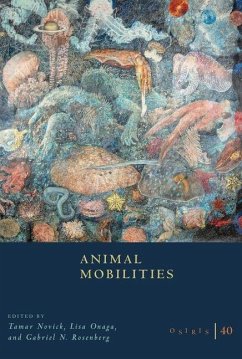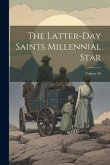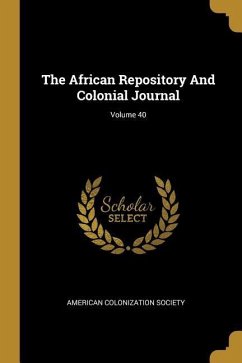Situates "animal mobility" within the politics of movement, opening new perspectives in the history of science. Human societies often come to know the natural world by examining animals, even as animals, frequently both willful and animate, can elude human grasp and challenge human aims. Animals and their movements have underpinned many methodological, moral, and epistemic dilemmas that generatively trouble the field. Featuring a range of geographies, species, languages, and cultures, the contributions in this volume broaden the view of the historical roles animals play in knowledge production processes. Organized according to three scales of animal movement (individuals, groups, systems), the twelve richly illustrated inquiries are situated in different time periods, from the sixteenth-century Ottoman Empire to the recent globalized past, and introduce varied forms, capacities, and politics of movement associated with animals. The analytic attention to animal mobility deepens comprehension of animal agency and human-animal interactions in unexpected spaces, including airports, entertainment venues, living rooms, dirt roads, and waterways. Taken together, the case studies in this volume reconsider how, where, and by whom science is done.
Bitte wählen Sie Ihr Anliegen aus.
Rechnungen
Retourenschein anfordern
Bestellstatus
Storno








